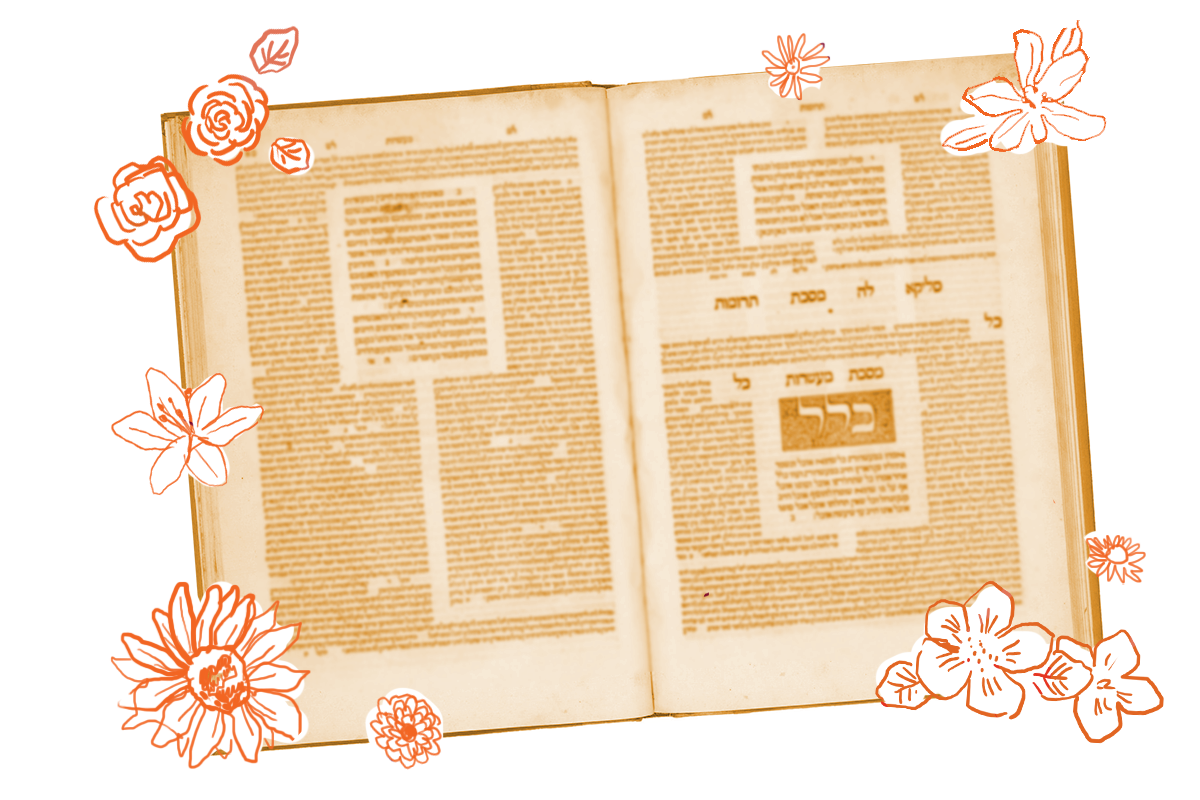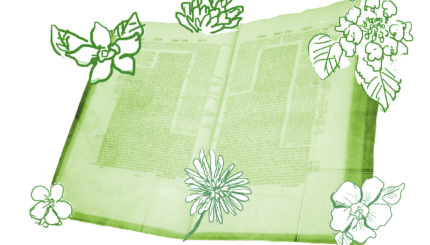Interwoven in today’s daf is a story about Torah knowledge, rabbinic authority and maybe even sibling jealousy. At issue is the permissibility of moving a corpse on Shabbat. We previously learned (Shabbat 30b and Shabbat 43b) that it is rabbinically prohibited to do so (though not biblically). But then this happened:
A corpse was found in the city of Derokera, and Rav Nahman bar Yitzhak permitted carrying it to a karmelit (a semi-public domain into which carrying on Shabbat only involves a rabbinic transgression).
Our protagonist, Rav Nahman bar Yitzhak was a renowned scholar who later became head of the Babylonian Academy in Pumbeditha. But as we are taught elsewhere, his primary scholarly achievements involved not innovating new legal positions, but accurately preserving and sharing the Torah teachings that he had received from earlier generations. So this apparently novel interpretation of the law is surprising to onlookers, one of whom challenged Rav Nahman:
Rabbi Yohanan, brother of Mar, son of Rabbana, said to Rav Nahman bar Yitzhak: In accordance with whose opinion did you permit moving the corpse to the karmelit? If it was in accordance with Rabbi Shimon (see Shabbat 93b) then you have erred, since Rabbi Shimon exempted one from the obligation to bring a sin-offering when moving a corpse for violating a biblical prohibition, but there remains a rabbinic prohibition. Due to your error, you have granted permission to violate Shabbat.
Here, Rav Nahman bar Yitzhak is challenged by Rabbi Yohanan the brother of his good friend Mar who claimed that he has misapplied a ruling of Rabbi Shimon and unintentionally given permission to violate Shabbat. For Rav Nahman bar Yitzhak, who took pride in his accurate preservation and transmitting of the Torah teachings of earlier scholars, such an accusation amounted to a bitter insult. He responded passionately:
Rav Nahman bar Yitzhak said to him: By God! Have you entered into an understanding of the matter? . . . For there is a principle that human dignity (kavod habriyot) is so important that it overrides rabbinic prohibitions of the Torah. In other words, what I ruled is most certainly permitted!
Rav Nahman bar Yitzhak replied to his challenger that Jewish law does not merely involve the application of specific laws to all situations. Instead, it involves considering a range of laws and meta-principles — some of which derive directly from our moral intuition — and applying them to specific situations. Significant ethical principles, like pikuah nefesh (saving a life), can override other prohibitions. In this case, it is kavod habriyot — human dignity — that is the determining factor. It would simply have been disrespectful to the deceased to leave the body where it was, hence the permission to move it.
It is not clear why Rabbi Yohanan challenged Rav Nahman bar Yitzhak. But if he thought that he had found a way to humble, undermine or frustrate Rav Nahman bar Yitzhak, he was very much mistaken.
Read all of Shabbat 94 on Sefaria.
This piece originally appeared in a My Jewish Learning Daf Yomi email newsletter sent on June 8, 2020. If you are interested in receiving the newsletter, sign up here.



